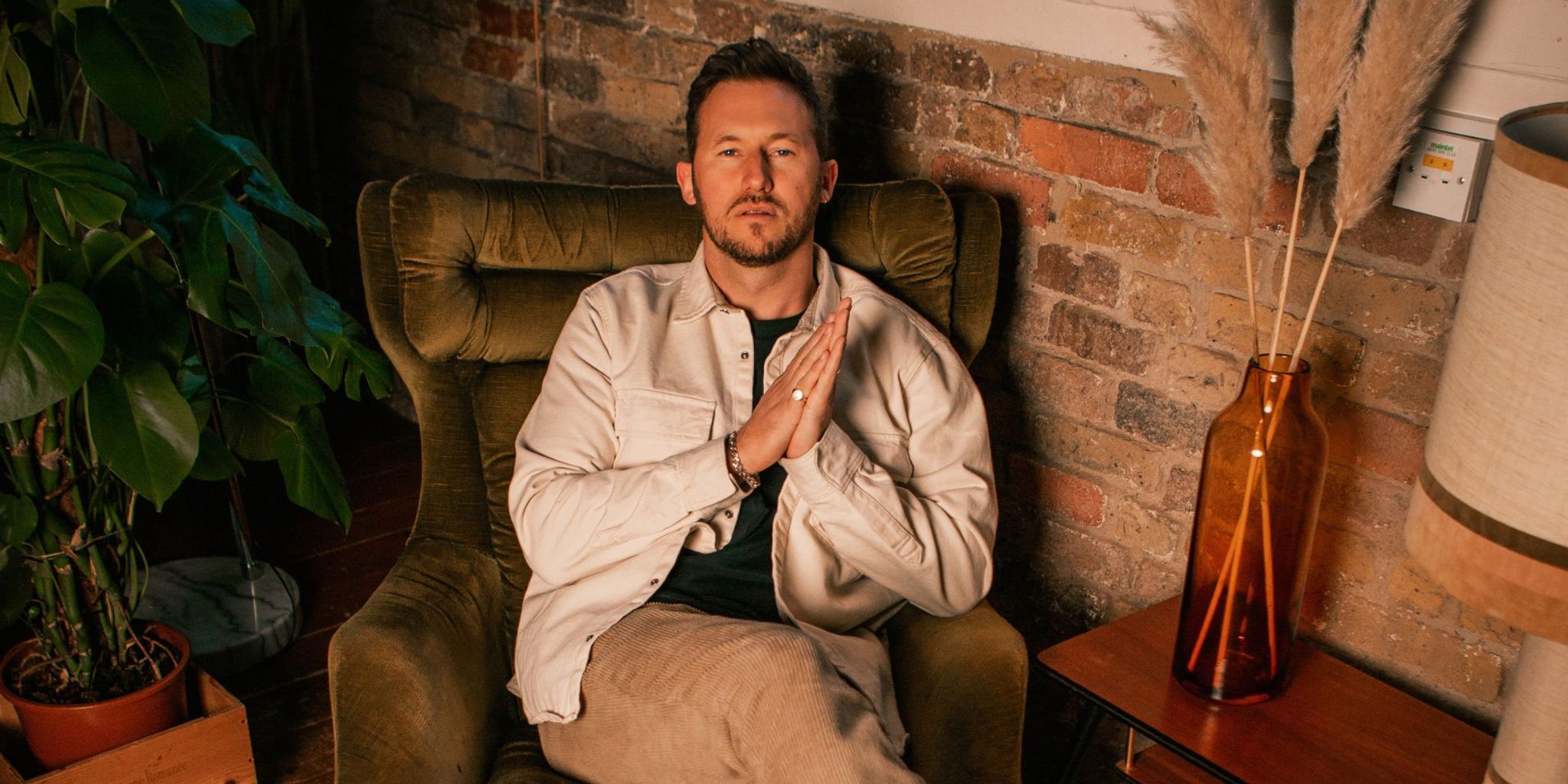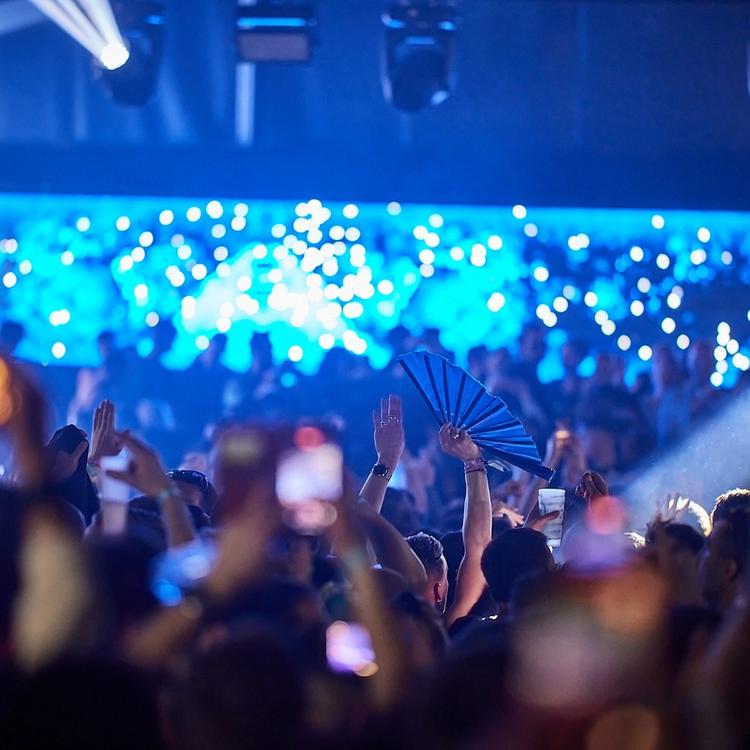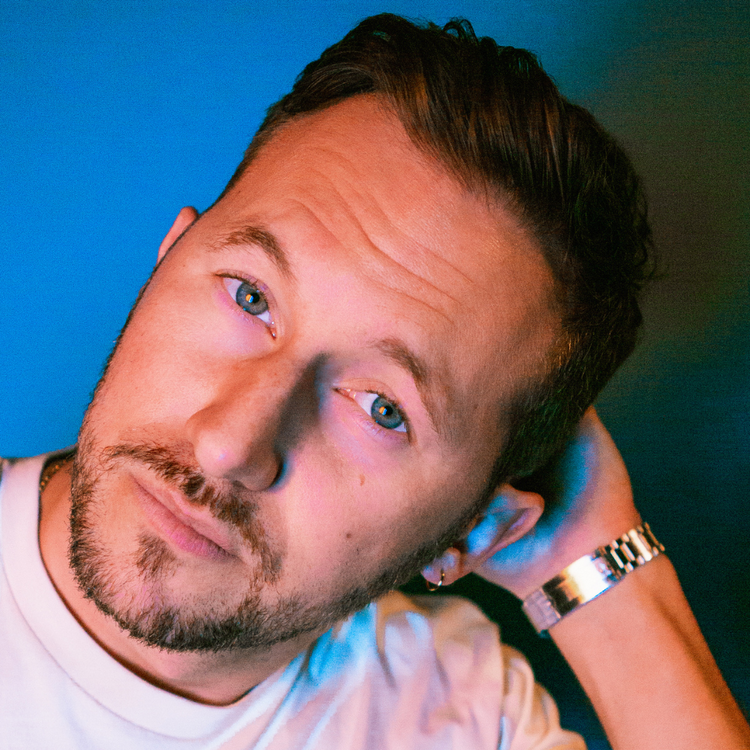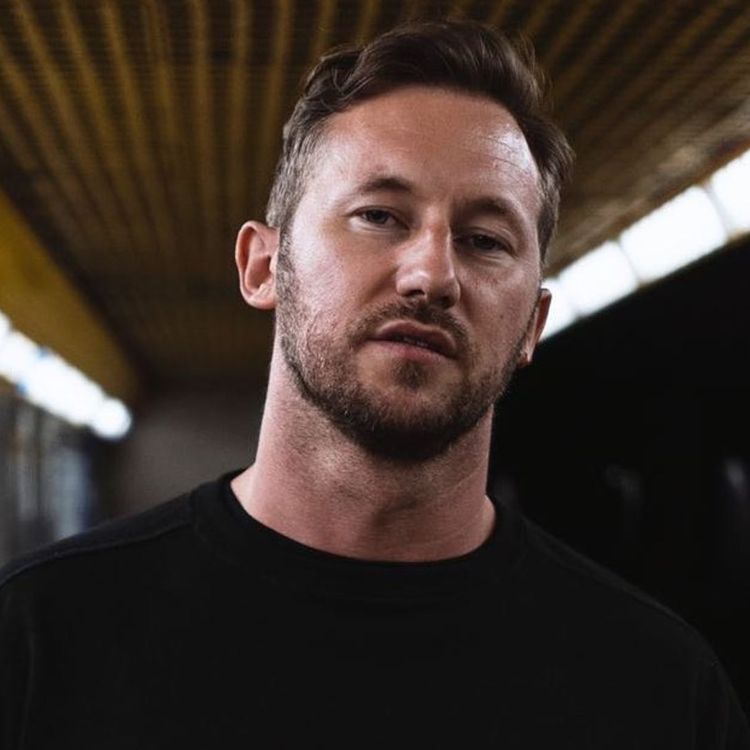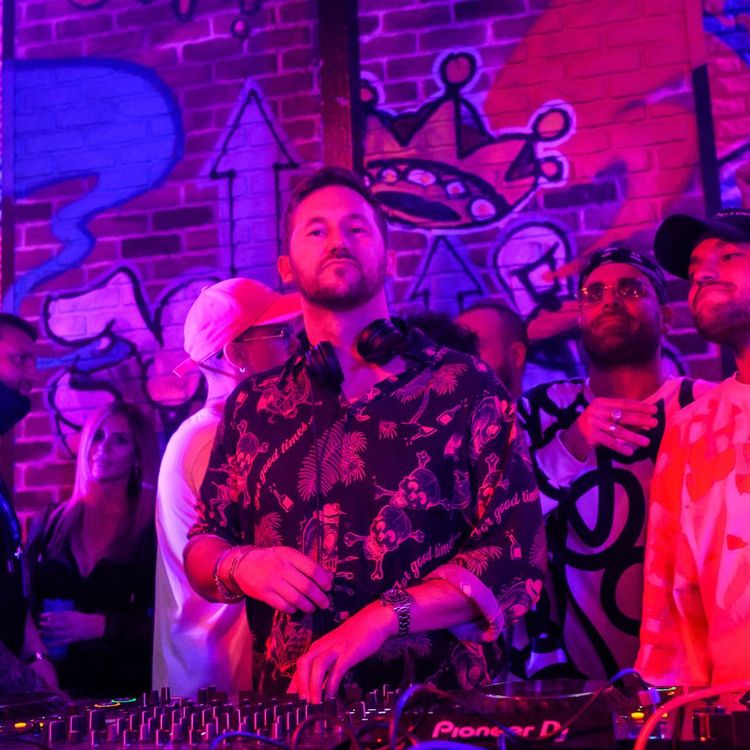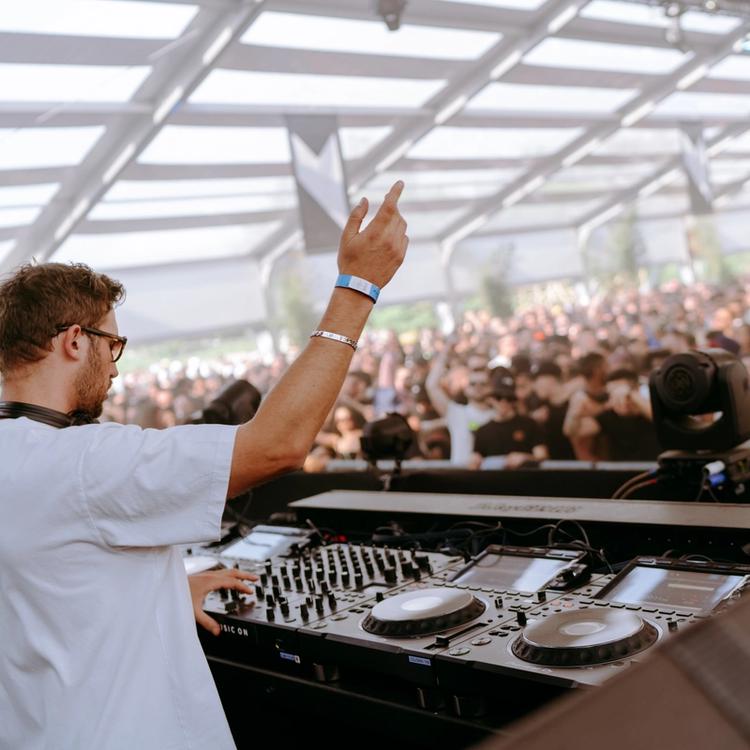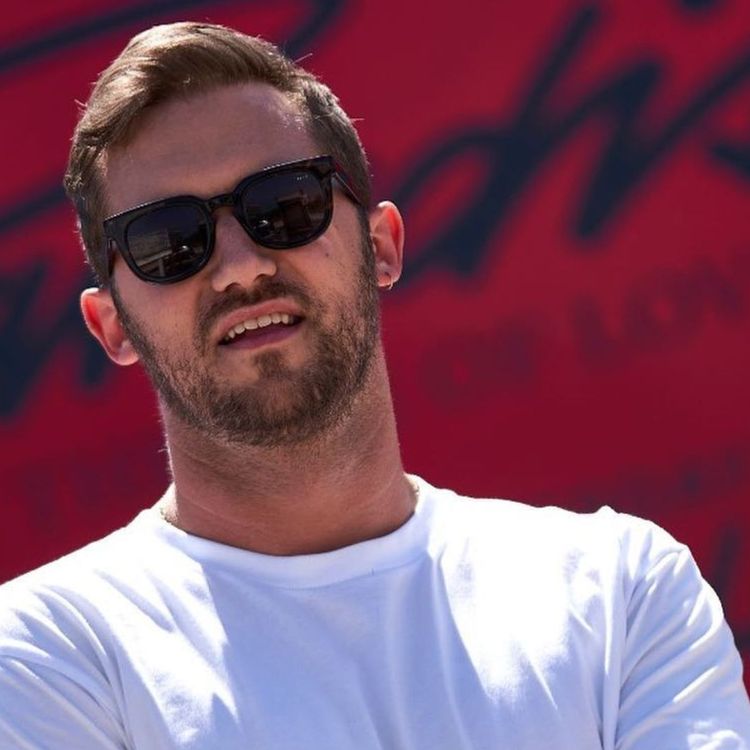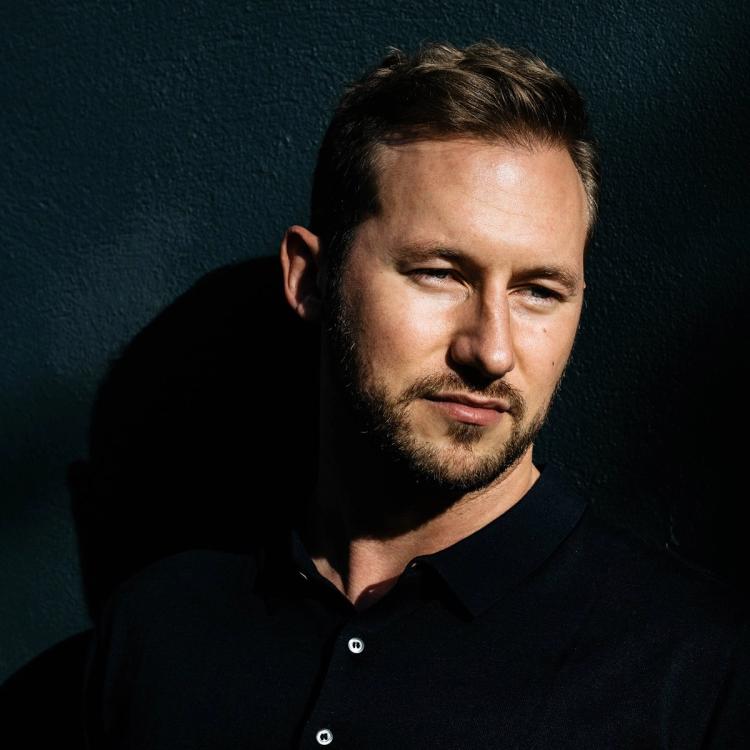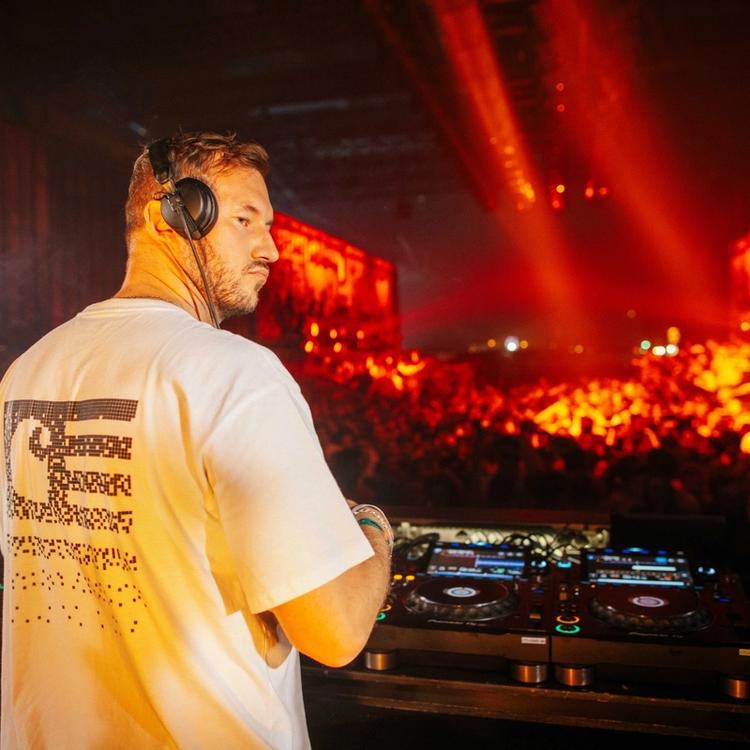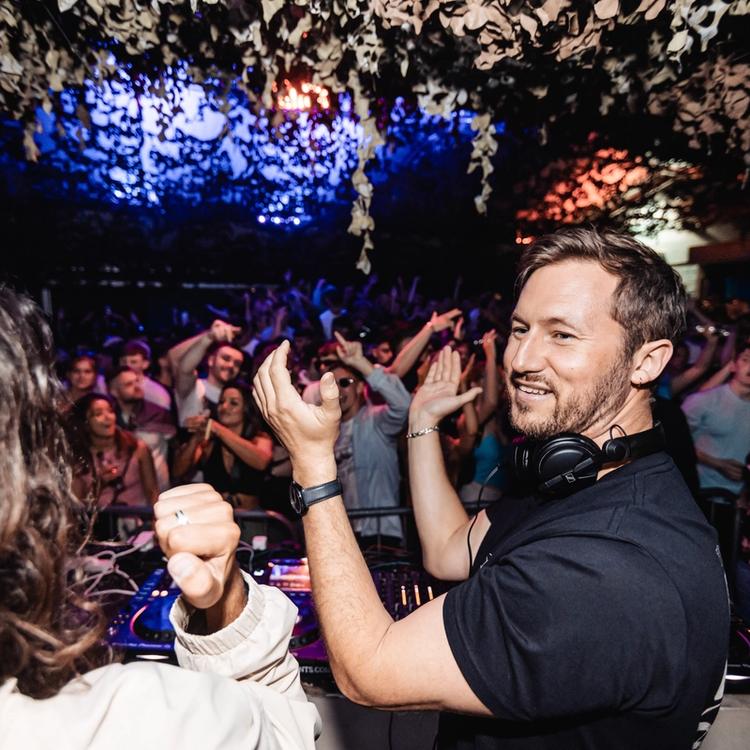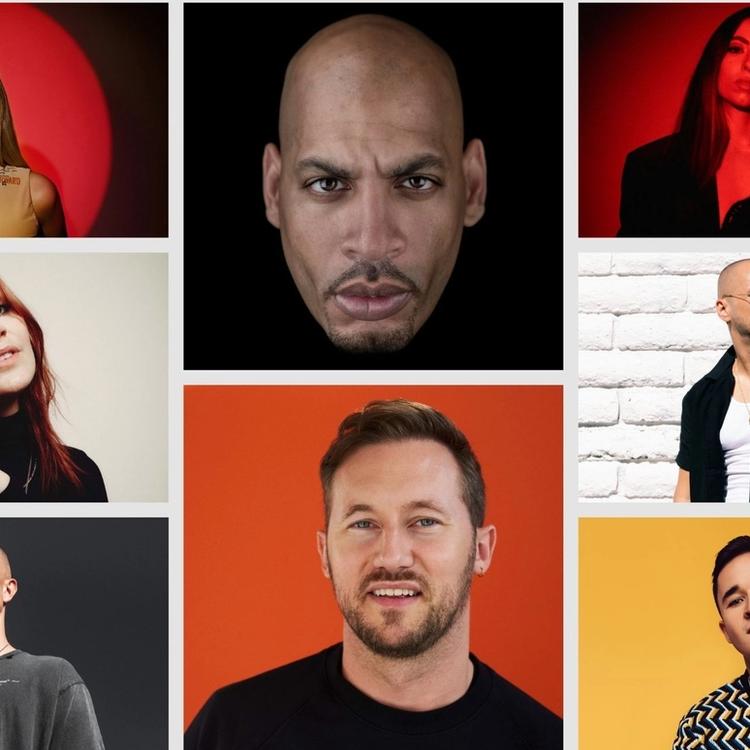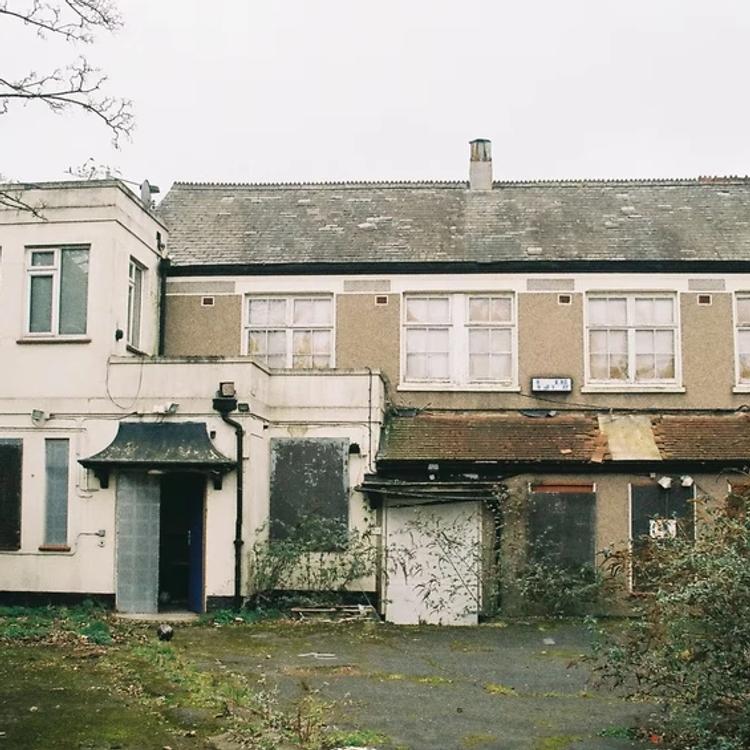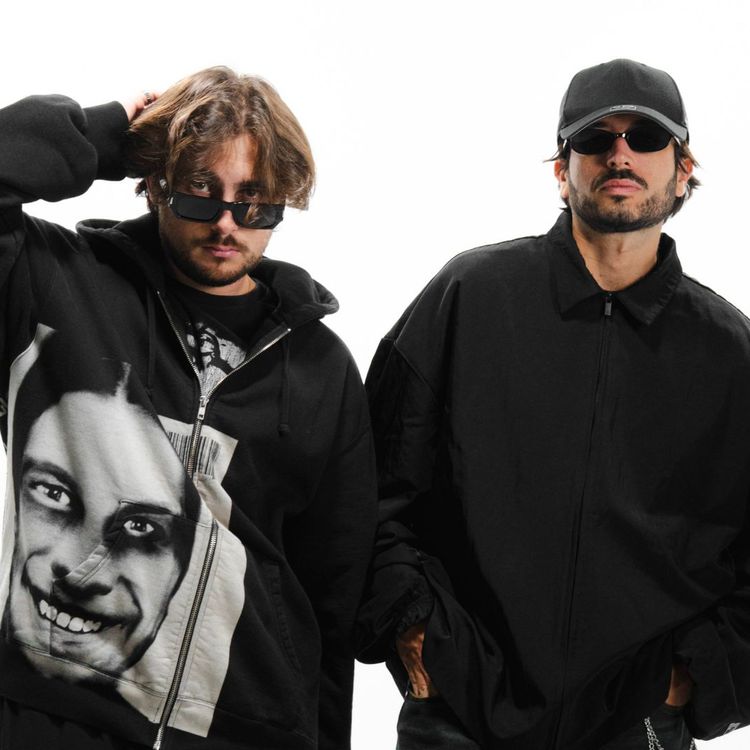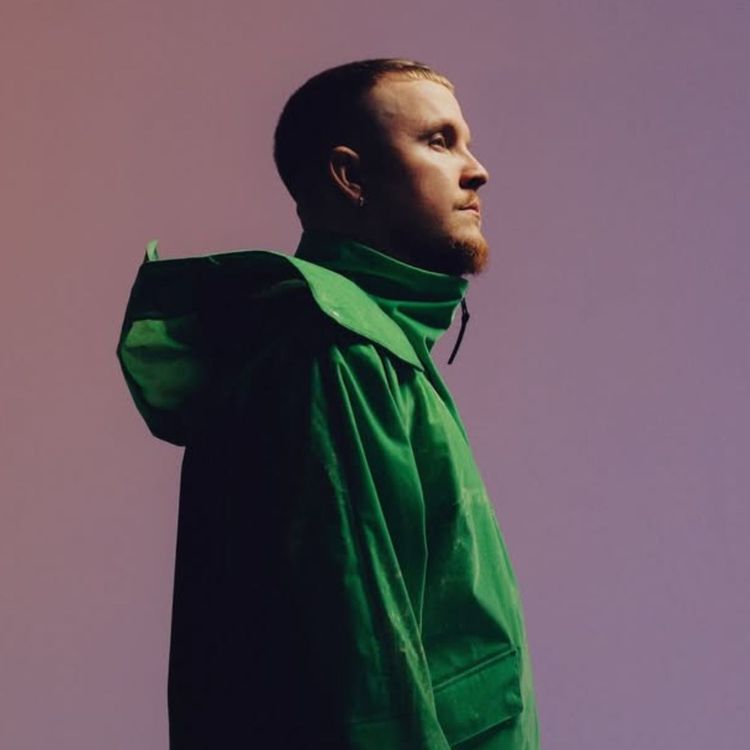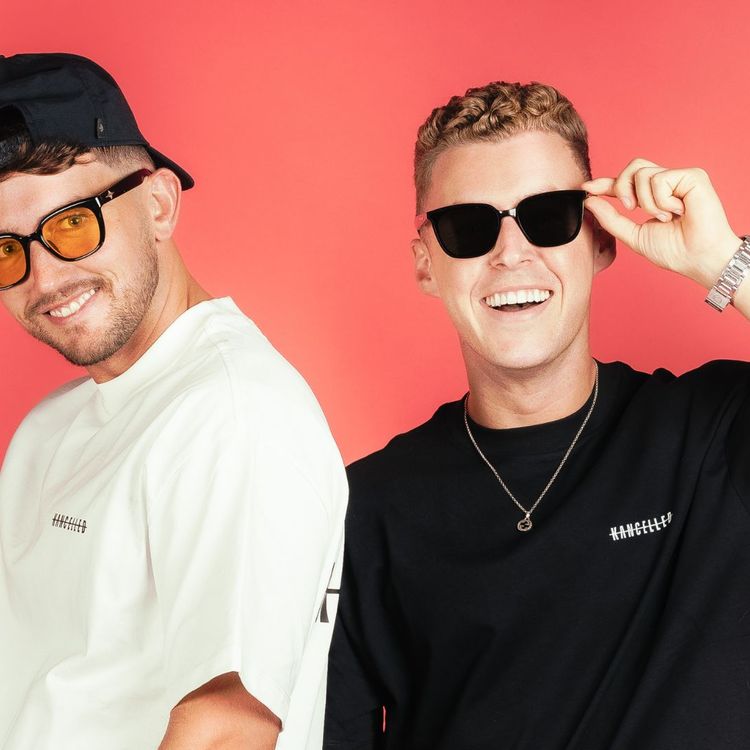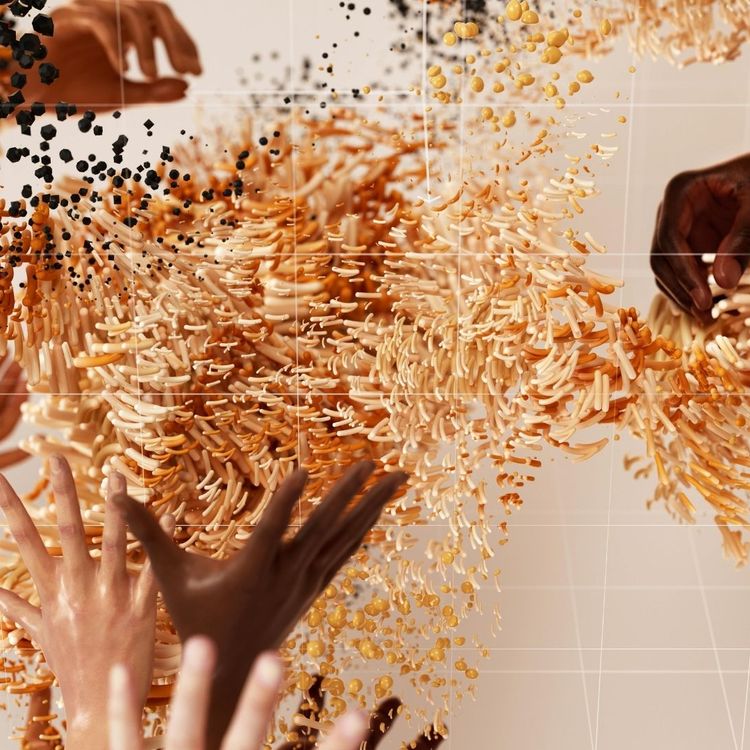In the Mix with Archie Hamilton: The Maverick of Minimal House
Archie Hamilton stands as a leading talent in our generation's minimal house scene. He was an integral part of the Fuse Crew during a time when minimal house wasn't as prominent as it is today, especially in the United States. His musical career has seen a massive evolution, and he shows no signs of slowing down. For those who have experienced his live performances, it's clear that he becomes one with the crowd. Although he’s behind the booth, he connects with audiences, as if he’s a neighbor to you on the dance floor. Slinging tunes and pushing grooves.
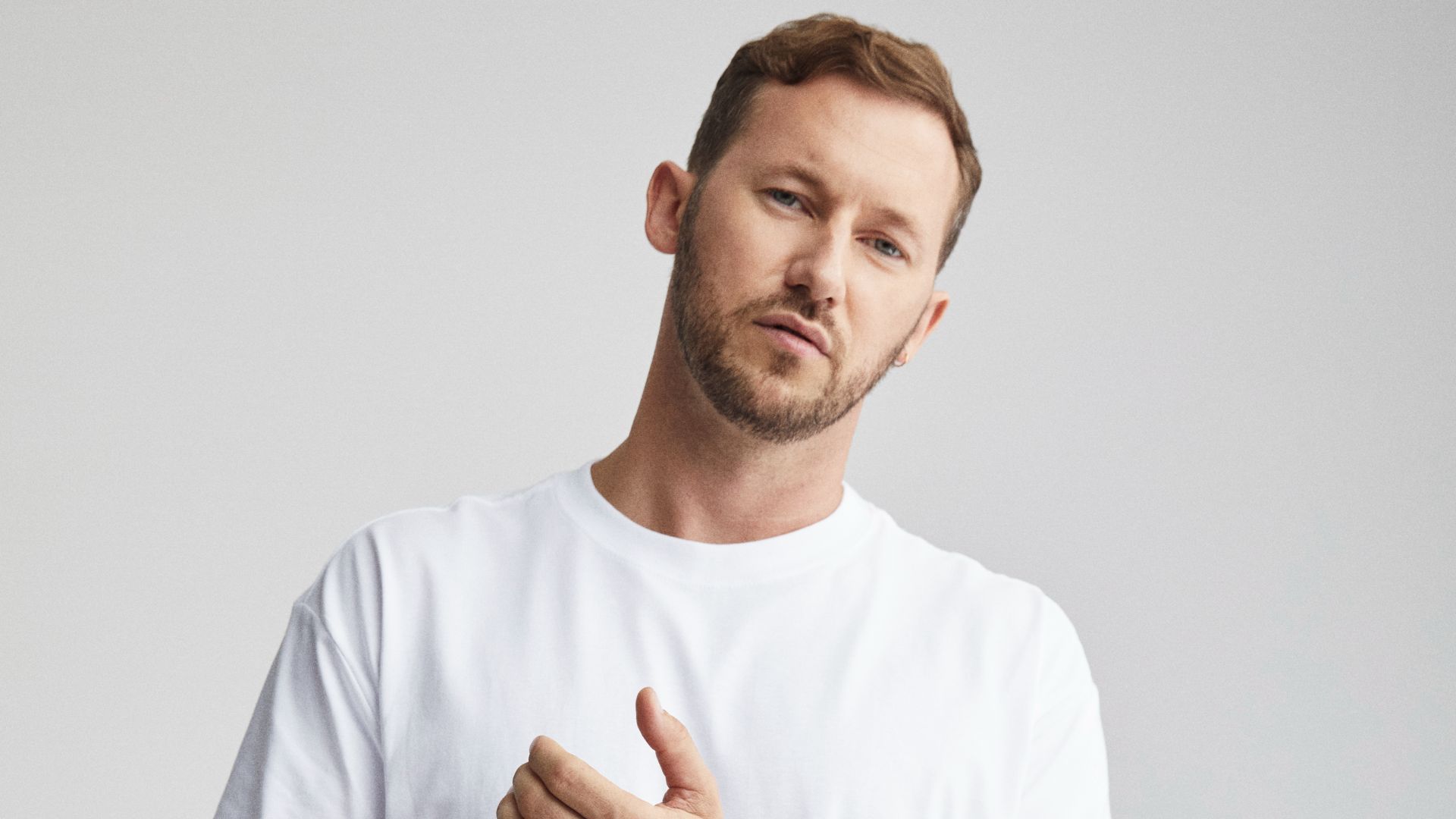
Hamilton launched his own label, Micro Hertz, featuring some of the most standout names in house music. His event brand, Frequency, is another focus of his, featuring curated lineups with the hottest names in the genre, including Rossi., Luuk Van Dijk, Fleur Shore, Toman, and many others. Juggling roles as a father of a newborn, husband, traveling DJ, producer, label boss, and event brand owner, Archie Hamilton manages a full plate.
In our sit-down interview with Archie Hamilton, we delve into his journey through music and the industry, highlighting how his lack of mentorship has bred him into someone who doesn't just dim his light or stay in comfort zones. Hamilton stuffs himself in his studio, continually setting new standards for music, and striving to leave mediocrity behind.
What has the journey been like becoming a dad, husband, touring DJ, producer, label boss, and throwing your Frequency events? How have you found a balance within this routine?
Yeah, having a strong routine is definitely key. It's been a bit of a whirlwind, honestly. A phrase I've often used in the past few months is 'pressure makes diamonds.'
Regarding managing everything, I'm fortunate to have a fantastic team supporting me and the label. We've been doing really well on that front; I think the the label is in the best place it's ever been.
As for the event side, the initial run of shows we did was excellent. The last big one we did was at ADE last year with Frequency. After that, I decided to take a break to focus on building my personal and label brands.
Where did your label name Micro Hertz derive from?
The idea for the name came after establishing 'Frequency' as a brand as micro hertz is a unit of frequency measurement. The concept of Frequency really resonates with me; everything in our world relates to it – it influences how we feel, it's present in colors, sounds, and everything around us. 'Micro Hertz' was a natural extension of this idea.
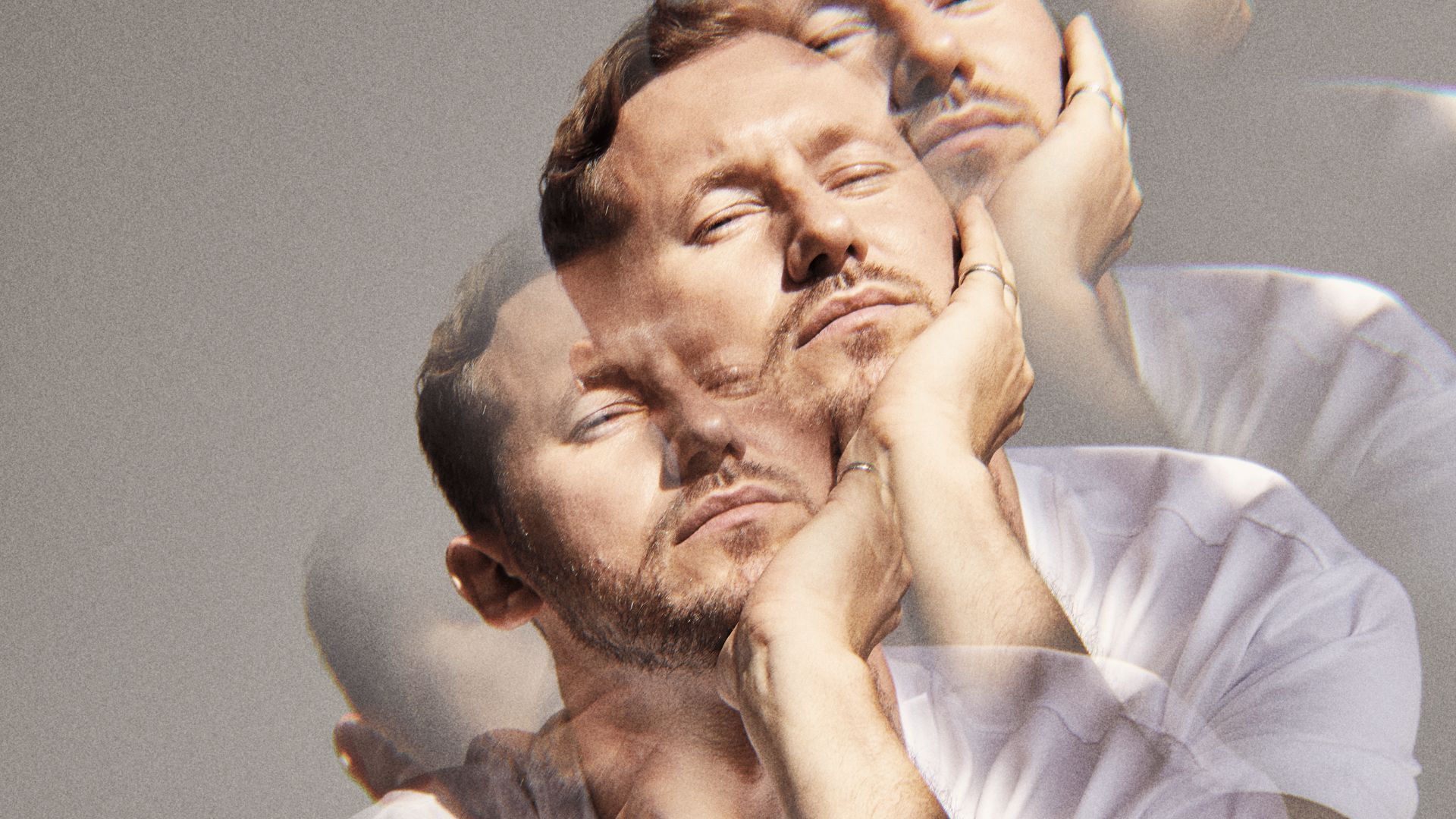
Is there somebody on your label that is a bit underrated and you believe should have more attention, or someone you think everyone should keep an eye out for?
That's a great question. There are two artists that I think are absolutely killing it at the moment. We just had a massive record from Ozzie Guven, and then before that we had Luke Dean who’s another young UK producer that’s doing big things. We’ve also got a US artist named Ranger Trucco who's doing wicked stuff too - he actually played the last show we did in New York.
When you were coming up in the scene, was there something you wish you knew back then that you know now?
I think the number one thing I wish I knew back then, which I know now, is not to rush things. Also, not to be disheartened when things don't work out, you need a pretty thick skin in this game. Perhaps the most important thing I've realized is how crucial first impressions are, especially when sending music to people. There's nothing more off-putting than receiving a demo that starts with, 'Hey, bro, this is my first track I've just started producing.' It ruins the illusion of the artistry behind the music.

Do you handpick your lineups for Frequency?
Yeah, we usually bounce ideas back and forth around the team when it comes to picking lineups for Frequency. I have a strong vision of what I want the parties to sound like. It's a mix of artists I've played with a lot in the past, whose music I know well and whom I personally like. To me, having a strong personal connection with the artist is really important. But there are also tons of artists I admire from afar, who I don't know personally, and it's great to have them down.

There's no specific sound I aim for, just high-quality music and good vibes. I believe the energy in the room starts in the DJ booth. If you're playing and you're in a bad mood, it comes across. I know from experience that if I've had a stressful day, or the travel's been tough, or it's the third gig of the weekend and I'm exhausted, you can feel that coming across.
In the event you feel tired or aren’t exactly in the best mood to play, how do you spin around and get yourself on your feet?
Just take a breath. Have a look around. Maybe try and connect with somebody who's obviously having a great time. Right. That’s my reference point.
What is your number one pet peeve in the booth?
Since I’m quite tall I think my number one pet peeve in the booth is having the equipment set too low or too far away. This actually has a significant impact on how I play.
Also not being able to move around quickly enough, especially since I'm technically involved in playing, can be a challenge. I like to loop and do various things, so it's really important for me to be able to move around the equipment swiftly and without any obstacles.
Another issue is monitoring. If the monitor is really bad, it becomes difficult to get into the groove and mood because you can't hear what the audience is hearing. So that's another key point.
Apart from that, I'm pretty easy-going. I actually quite like having people in the booth with me, dancing around, as long as it's not overcrowded.
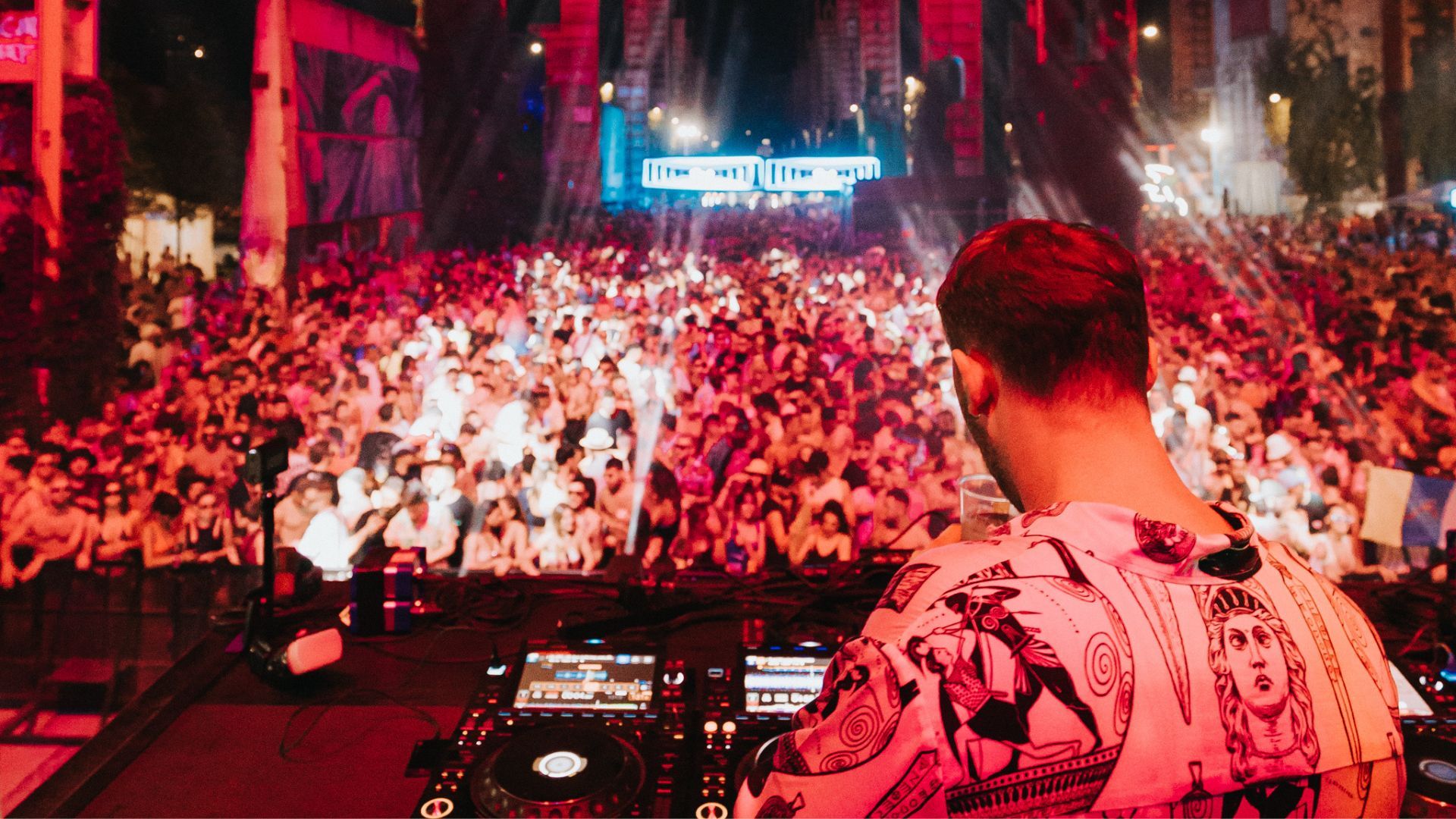
Tell me a little bit more about the minimal genre overall back when you were heading in that direction as a rookie. Was it as popular as it is today or not?
The funny thing is, I've been reflecting on this a lot recently. Being part of the first wave of artists in that genre, there weren't many opportunities to play big shows initially. Especially in the US, the appetite for this genre hadn't really developed yet. So, for the first five or six years, I didn't even think it would take off and blow up in the US as much as it has.

Fuse Crew in 2016
In those early years, we just thought, 'Well, we do what we do.' It felt so new and exciting and it still does, which is great and it's amazing to see how it has taken hold over time.
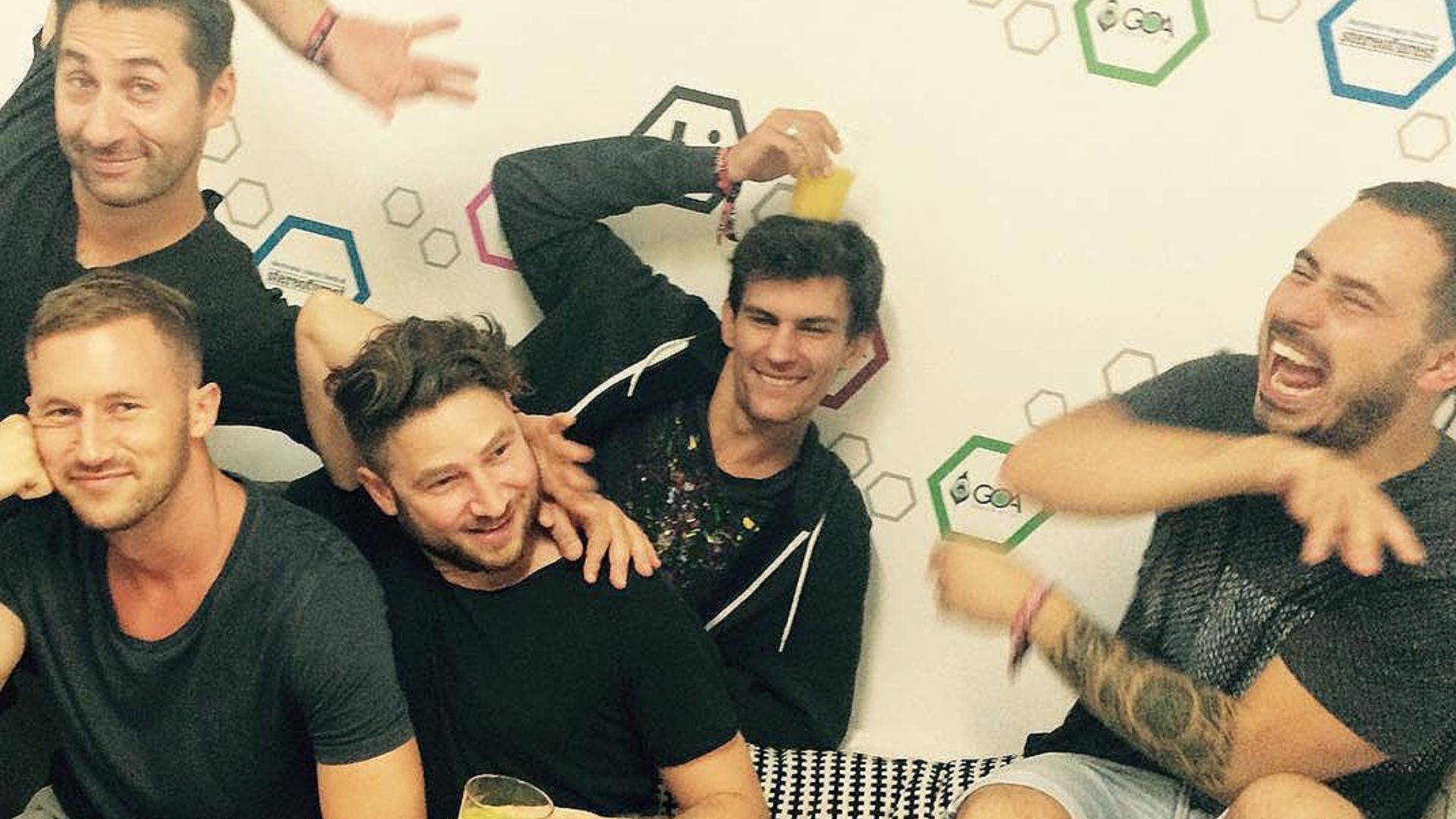
Fuse Crew 2015
Did you ever have a role model or mentor throughout your music career?
That's a very good question; I guess the answer is no, I didn't really have a mentor. Sometimes I wish I had. I listened to a Rick Rubin podcast last week, and he said something that resonated with me. He mentioned that after your first wave of success, it's hard to find someone to get advice from who either has done what you've done or doesn't have a vested interest in the answer.
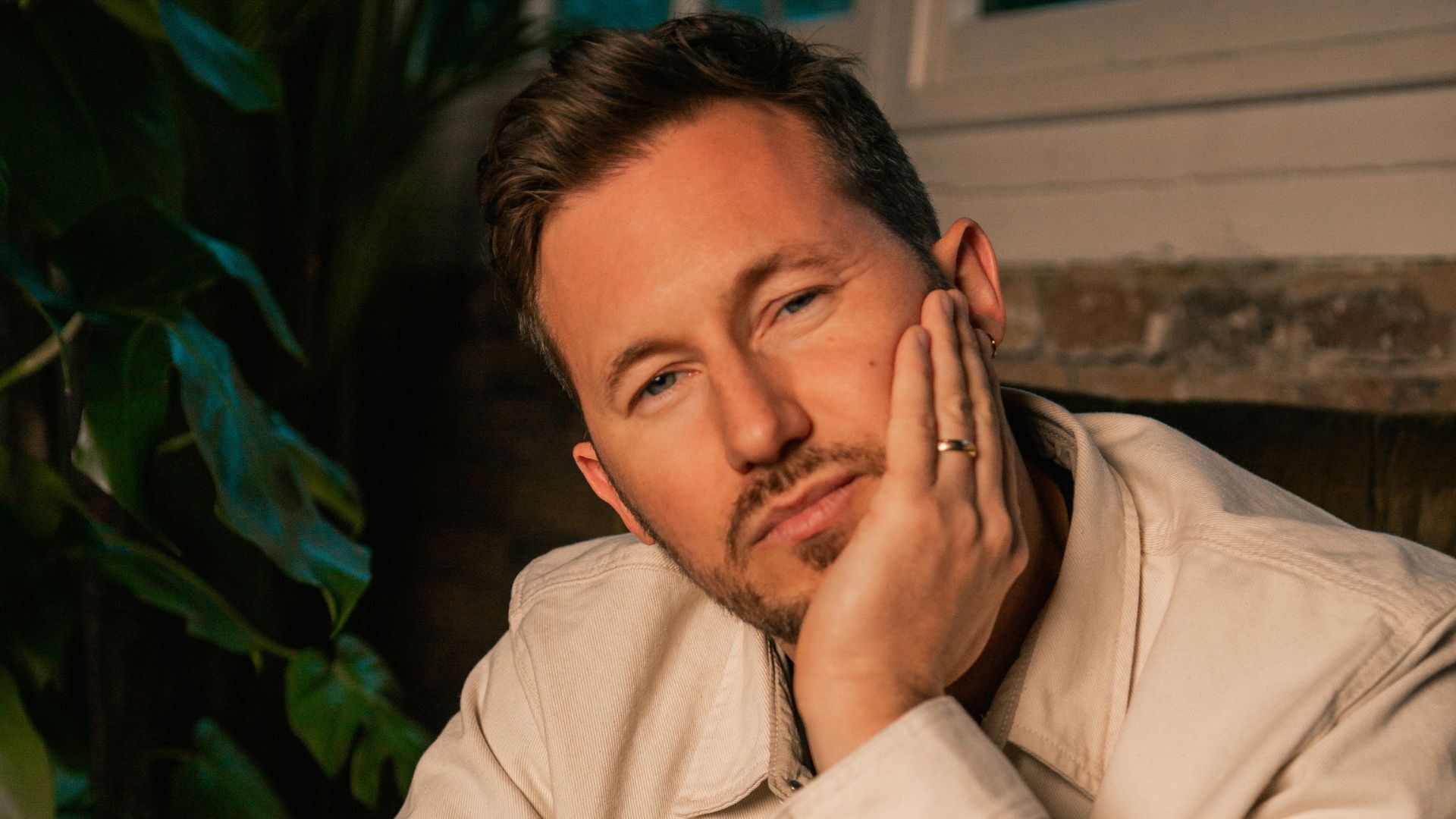
For me I have always just figured things out myself. The reason I started my first record label was that no one would sign my music since I was an unknown. We started the label and were fumbling around in the dark, trying to figure things out.

The only way you learn anything is by trying, and that was an important process for me – figuring stuff out on my own. We do have a really strong community in London too; there’s so many people to connect with so that’s really great.

If you could delve into any other genre of music and make a career out of it, what would it be?
I have a real love for downtempo music, trip-hop, that kind of thing. I'm also drawn to cinematic music and movie scores. I think I'd love to have a crack at creating in those genres. Another deep passion of mine is the deeper side of drum & bass, which could be another interesting angle to explore.
There are tons of things I would have loved to do if circumstances were different, and I still pursue them. If I'm in the studio, I might make a trip-hop record or some drum and bass. Doing this triggers a part of my brain that's usually not engaged, and from there, I often find something new to work on.
What has been your favorite show to play this year? What made it stand out?
I think the most memorable event for me was probably my All Night Long at Fabric in London. That club holds a special place in my heart. It was the first nightclub I went to in London and the place where I decided I wanted to be a DJ, standing on the dance floor. Another thing was having so many friends there. So many people who have been a part of my music history were there, hanging out in the booth. It was just eight hours of pure enjoyment.
You have a show coming up with us in New York City at Superior Ingredients. What is your favorite thing about the NYC crowd?
I love the New York crowd. I guess it’s the most similar to Europe. For example, if you compare it to Miami’s Latin vibe, or Los Angeles, NYC stands out as you've got a diverse mix of people, and the atmosphere is quite raw and gritty, which I like.
To wrap things up, what is one simple thing that makes you smile?
The simple answer to that is my daughter. My daughter smiling at me makes me smile.
